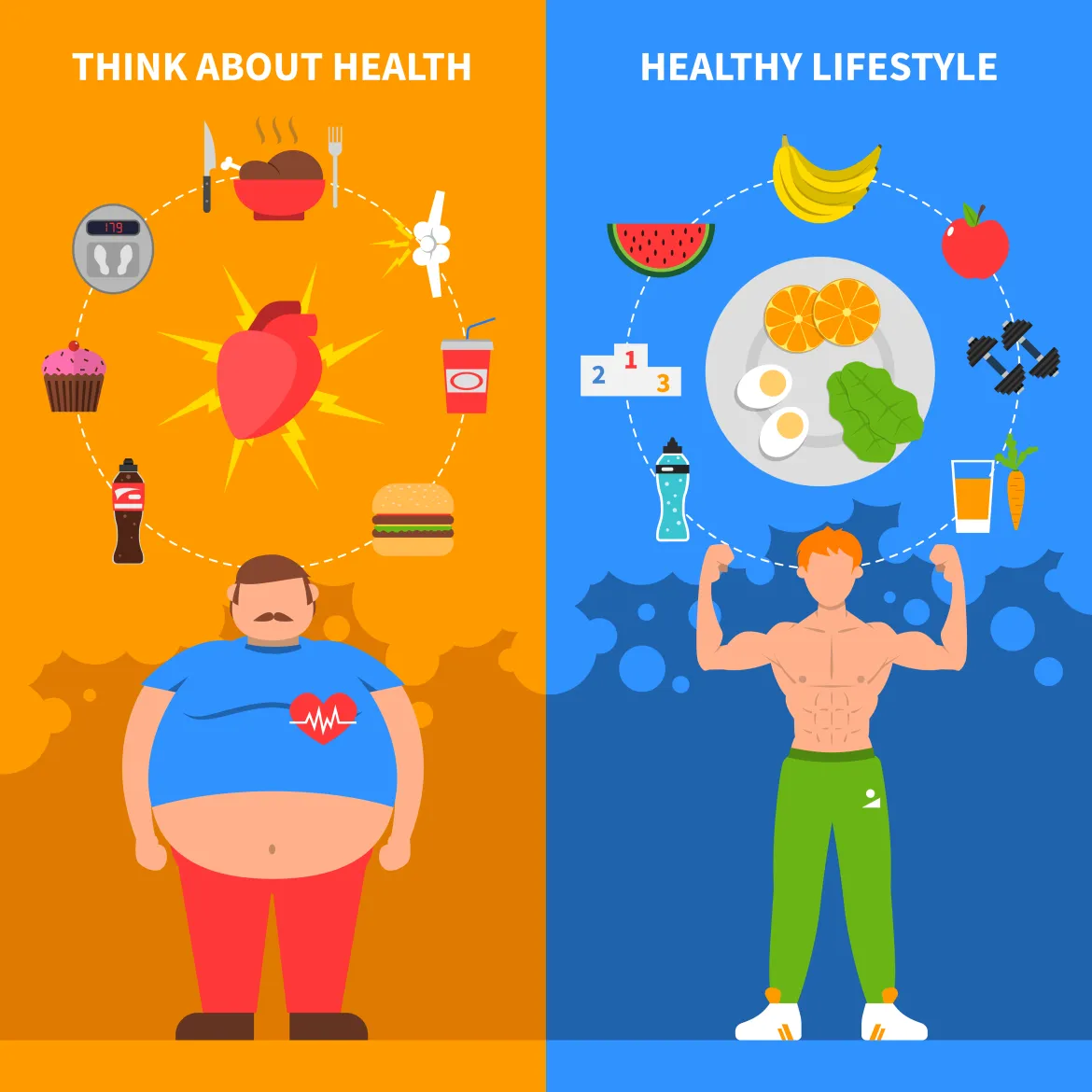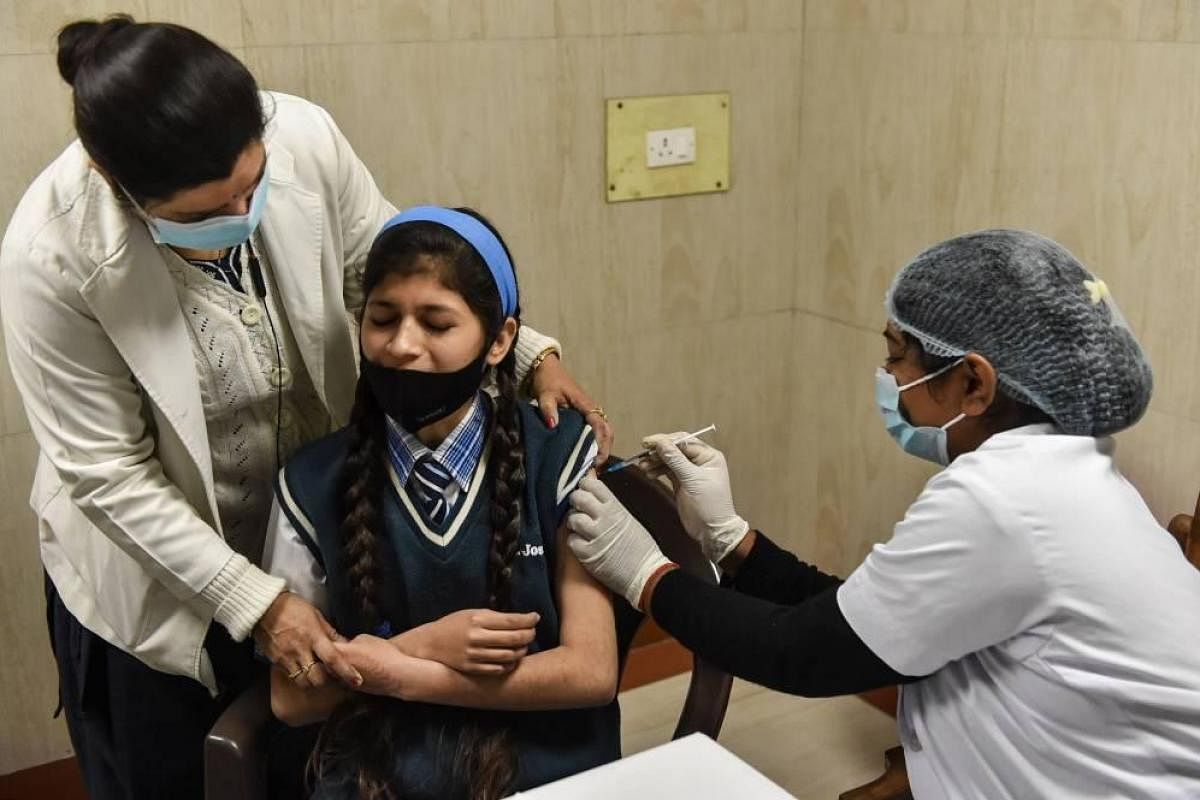
Thiruvananthapuram, July 27 (BPNS)
An ongoing health screening programme among people who are above 30 years old in the state has come out with some disturbing facts. It turned out that of the five-lakh people screened for lifestyle diseases so far, a majority are prone to get any of the chronic non-communicable diseases (NCDs), like heart attacks, stroke, cancers, respiratory diseases, diabetes, and others. In addition to that, some were also diagnosed with high blood pressure and diabetes.
The programme named ‘Alpam Sradha, Arogyam Urappu’ (Ensure health with a little bit of alert) was launched five weeks ago and it has so far screened 5,02,128 people. In the first phase, one panchayath each in the 140 Assembly constituencies was selected and screened.
As per the data released by the health department, around 21.17 percent of the people screened, that is 1,06,312 people are prone to get any chronic NCDs. They were included in the risk factor group and have been recommended for treatment.
Other findings, 11.49 percent (57,674 people) and 8.9 percent (44,667 people) were diagnosed with high blood pressure and diabetes. Meanwhile, 4.14 percent (20,804 people) had both.
The screening also resulted in the detection of suspected cases of tuberculosis (6,775 people), uterus cancer (6,139 people), breast cancer (34,362 people), and oral cancer (2,214 people).
The suspected cases were referred to confirm the disease.
“What the screening shows is that people who are above 30 years of age should give enough attention to lifestyle diseases,” said Veena George, state health minister.
The minister also added that those who were included in the risk group and those who were referred will be provided with free-of-cost diagnoses. Those who need follow-up treatment will also be provided with the same.
According to the World Health Organization, NCDs also known as chronic diseases, tend to be of long duration and are the result of a combination of genetic, physiological, environmental, and behavioral factors. Evidence shows that more than 15 million of all deaths attributed to NCDs occur between the ages of 30 and 69 years.
These diseases are driven by forces that include rapid unplanned urbanization, globalization of unhealthy lifestyles, and population aging. Unhealthy diets and a lack of physical activity may show up in people as raised blood pressure, increased blood glucose, elevated blood lipids, and obesity. These are called metabolic risk factors that can lead to cardiovascular disease, the leading NCD in terms of premature deaths.
The state had earlier launched a campaign, ‘Janakeeya Munnettam’, that targets people of all age groups for raising awareness of the need to switch to a healthy diet plan and to take up physical activity.
Though the department is beyond doubt that it’s the sedentary lifestyle and unhealthy diet that put the population in the grip of NCDs, it is uncertain whether to launch a state-specific plan or a district-specific one to contain it. Also, the proposal to launch an age-related and disease-specific diet plan is yet to be materialized.








